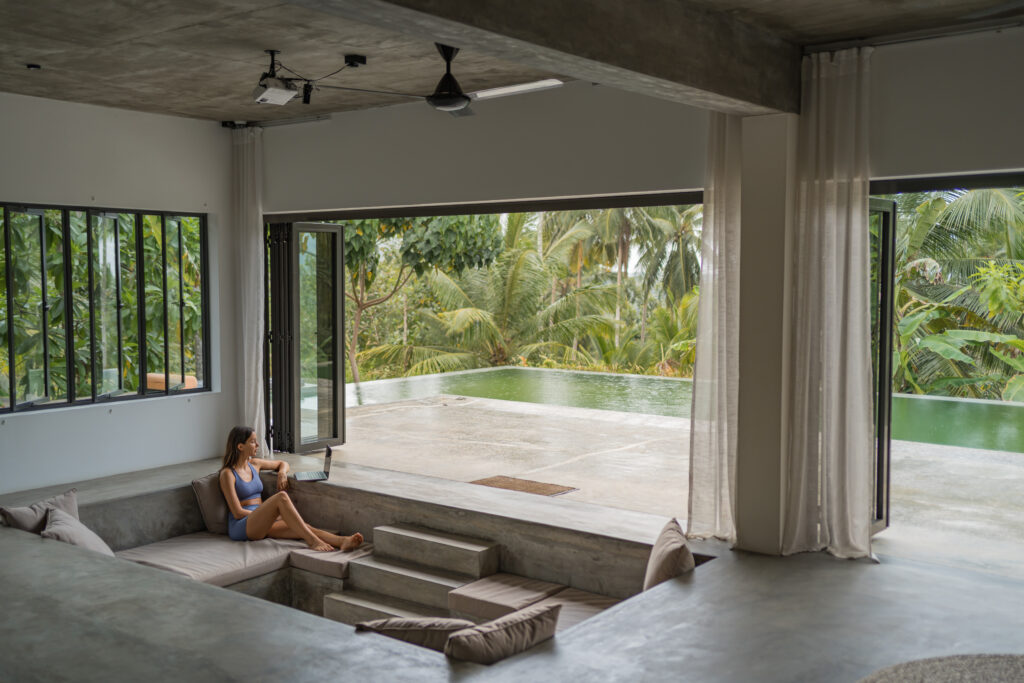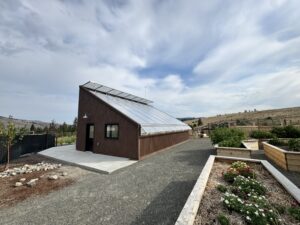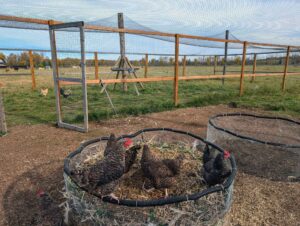The concept of luxury is undergoing a profound transformation. Luxury used to be defined by expensive material possessions that lacked a deeper connection to well-being. The experience was often superficial, focused on aesthetics rather than meaning or impact.
Now, luxury is increasingly associated with innovative, regenerative solutions that promote human and ecological wellness. A trend that presents an exciting and hopeful future.
Understanding Regenerative Principles
According to a 2022 Harris Poll study commissioned by Google Cloud, 82% of shoppers want a brand’s values to align with their own. And a recent study by NielsenIQ found that 78% of U.S. consumers say that a sustainable lifestyle is important to them.
In the realm of luxury, this shift is pivotal. Consumers are now looking for experiences and products that not only cater to their desires but also align with their values. They want to indulge in luxury without guilt, knowing that their choices contribute positively to the world.
Regeneration goes beyond sustainability. While sustainability focuses on minimizing harm and maintaining the status quo, regeneration seeks to improve and revitalize. This principle can apply to ecosystems, communities, and individual health. Regenerative practices aim to restore what has been lost and create systems that thrive holistically, ensuring that both people and the planet can flourish together.
The Luxury Wellness Experience
Luxury hotels and resorts, wellness retreats, spas, and more are increasingly incorporating regenerative principles into their offerings. For example, many are growing their own food in what is being referred to as ‘zero-kilometre cuisine,’ sourcing local ingredients, using organic farming methods, and supporting biodiversity through rewilding. Guests can enjoy gourmet meals crafted from fresh, seasonal produce that nourishes their bodies and respects the land.
Wellness retreats now emphasize holistic health, combining physical, mental, and emotional well-being. Many luxury resorts offer immersive experiences such as forest bathing, guided meditations in nature, and workshops on sustainable living. These experiences promote deep relaxation and rejuvenation while fostering a connection to the environment.
Luxury Wellness at Home

Now, people are going a step further and incorporating regenerative solutions into their residential properties. For example, food forests, gardens, passive solar greenhouses, rainwater harvesting, greywater systems, living swimming pools, solar panels, and more.
Regenerative solutions provide comfort and peace of mind. These self-sufficient supplies of food, water, and energy are independent from centralized systems and the fragilities inherent in them such as supply chain disruptions, power outages, and more.
What’s more, the health and lifestyle benefits of these regenerative solutions are numerous. Homeowners can enjoy delicious, nutrient-dense food grown right outside their door, drink the cleanest water on Earth, charge their electric vehicles with a personal solar energy supply, and rejuvenate in serene natural surroundings. The result is a home life that resembles being at a luxury wellness retreat.
This is the future of living.
The Mindful Consumer
Today’s luxury consumers are more informed and conscious than ever. They understand the importance of making choices that reflect their values and support regenerative practices. This mindfulness extends to how they consume, seek experiences, and live at home.
As we move forward, the merging of luxury, wellness, and regenerative principles will likely redefine our understanding of living well. Luxury will no longer be synonymous with excess; instead, it will embody a regenerative approach that promotes ecological and human well-being, while producing abundance.
This approach isn’t just a trend, it’s a transformative movement. A new concept of luxury living as regenerative living can become a powerful catalyst for positive change, inspiring individuals to nurture their well-being and the world around them. The path to a regenerative future is not only achievable but also exquisitely rewarding.
Are you interested in learning more about regenerative living? Visit www.5thworld.com.





